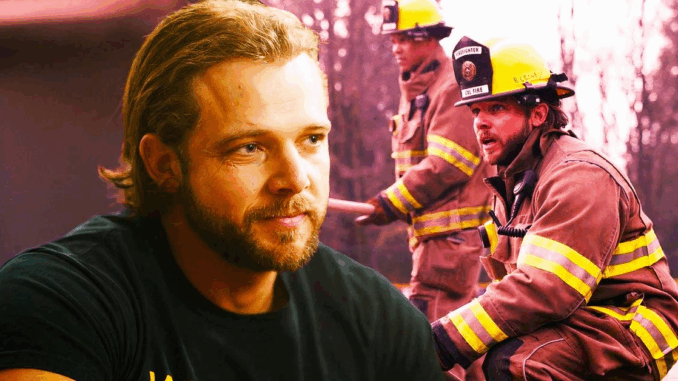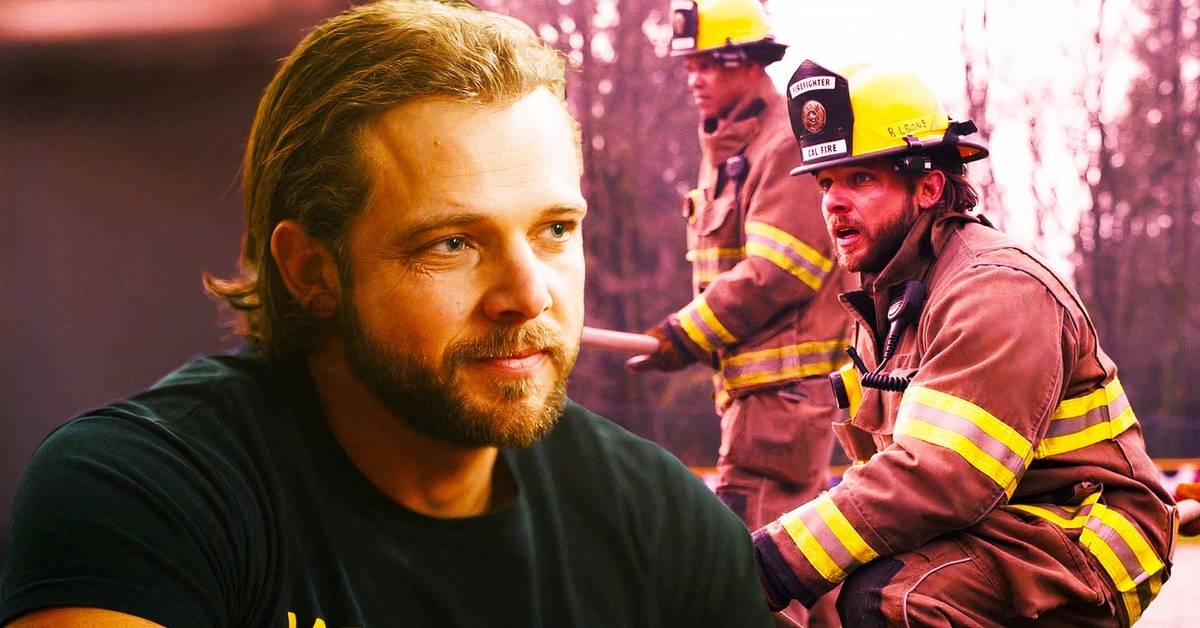
When Fire Country first introduced Bode Donovan, audiences saw a man running from his past — a convict trying to rebuild a shattered life by fighting fires in the most dangerous corners of California. But as the seasons have unfolded, it’s become clear that Bode’s hardest battles aren’t with the roaring flames in front of him — they’re the ones burning quietly inside.
Bode’s struggle for redemption has been a constant thread through the series. Every time he runs into the fire, he’s not just saving lives — he’s proving to himself that he deserves one. The weight of guilt from his past mistakes follows him into every blaze, and even as others begin to see his courage, Bode still wrestles with whether he’s worthy of forgiveness.
The show captures this inner conflict with remarkable honesty. Moments of triumph often come hand-in-hand with heartbreak: when he saves a stranger but loses a comrade, when he earns his father’s respect only to lose faith in himself again, when love offers him hope but the past keeps pulling him back. Each episode reminds us that redemption isn’t a straight line — it’s a cycle of falling and rising again.
Max Thieriot’s performance makes Bode more than just a firefighter — he’s a mirror of human resilience. His quiet moments, staring into the ashes after a mission, speak louder than any words. Viewers see a man trying to extinguish the fire of regret as fiercely as he fights the wildfires that threaten his town.
What makes Fire Country powerful is that it doesn’t glorify heroism; it humanizes it. Bode isn’t perfect — he’s broken, impulsive, and haunted — but that’s what makes his journey resonate. His story reminds us that the toughest battles are fought not with water hoses or axes, but with courage, honesty, and the will to keep moving forward despite the scars.
In Fire Country, the flames eventually die down. But for Bode, the real challenge begins when the smoke clears — when he has to face himself.

